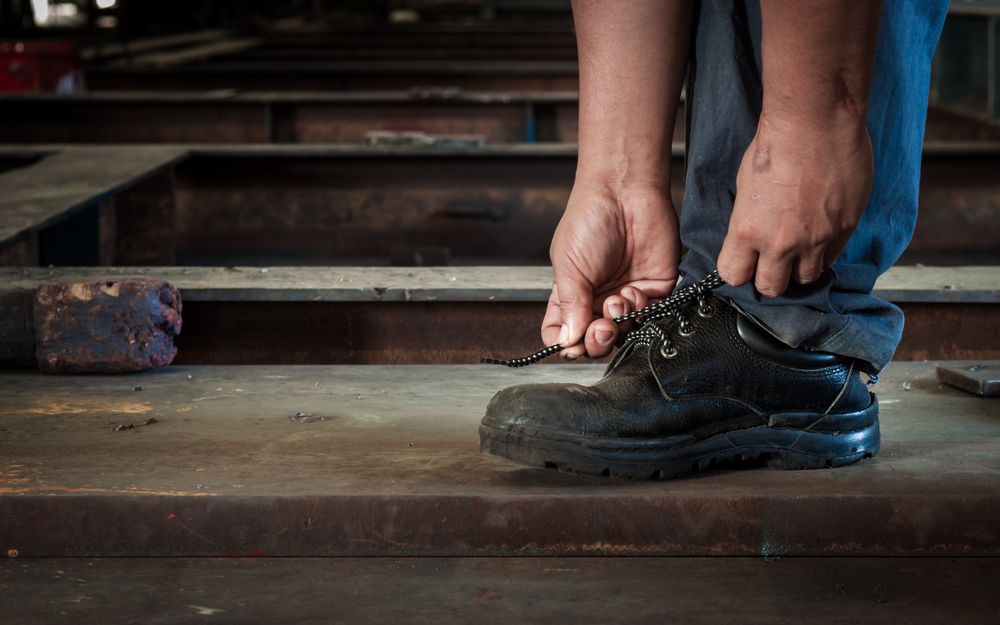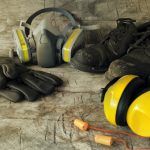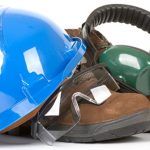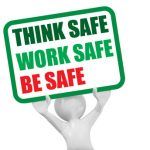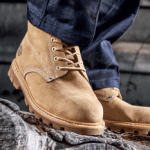
Choosing the Right Safety Shoes for Your Job
Foot injuries are a common occurrence in working environments. The high demand for safety shoes has led to the market being flooded with a vast array of safety footwear to choose from. Making the correct choice might seem a little tricky.
You wear your work shoes for a significant part of the day, so choosing something that is comfortable and gives you support are essential things to look for in safety footwear. Durability should be high on your list, but above all else, protection should be the most important factor to look for when choosing safety shoes.
Here is a guide on how to make the correct choice of safety shoes that suit your type of job.
Main Factors to Look for When Choosing Proper Footwear for Your Job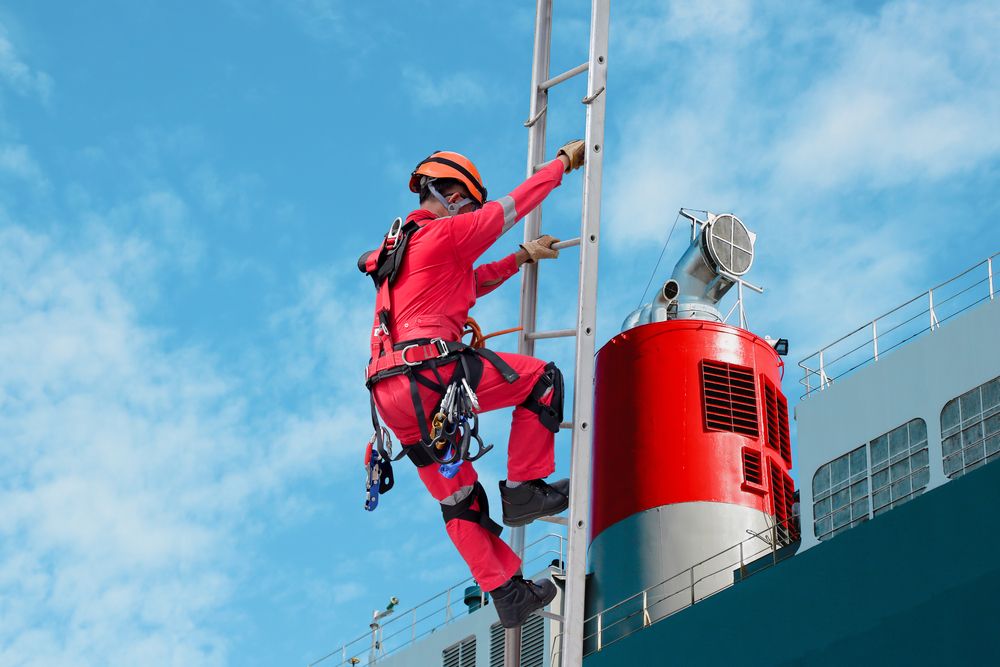
When choosing the right safety shoes, check your working environment and the kind of job you perform for any of the following safety hazards:
WALKING SURFACES
In workplaces with smooth, wet, or slippery walking surfaces such as kitchens, you will need non-slip shoes or safety shoes with anti-slip soles which give you maximum grip under conditions caused by polishing, water, ice, oil, or any substance that will cause you to lose your balance. For uneven surfaces such as milling sites, look for ankle-high safety shoes that will protect your ankle from sprains. Make sure the walking surfaces are properly maintained as well.
PROTRUDING OBJECTS
In workplaces where sharp-pointed objects such as nails or scrap metal are commonly found on the walking surface, such as workshops, safety boots with thick soles that are resistant to punctures are required.
FALLING OBJECTS
In workplaces such as construction sites, where injuries from falling objects such as bricks or tools can occur, steel toe boots are a necessity.
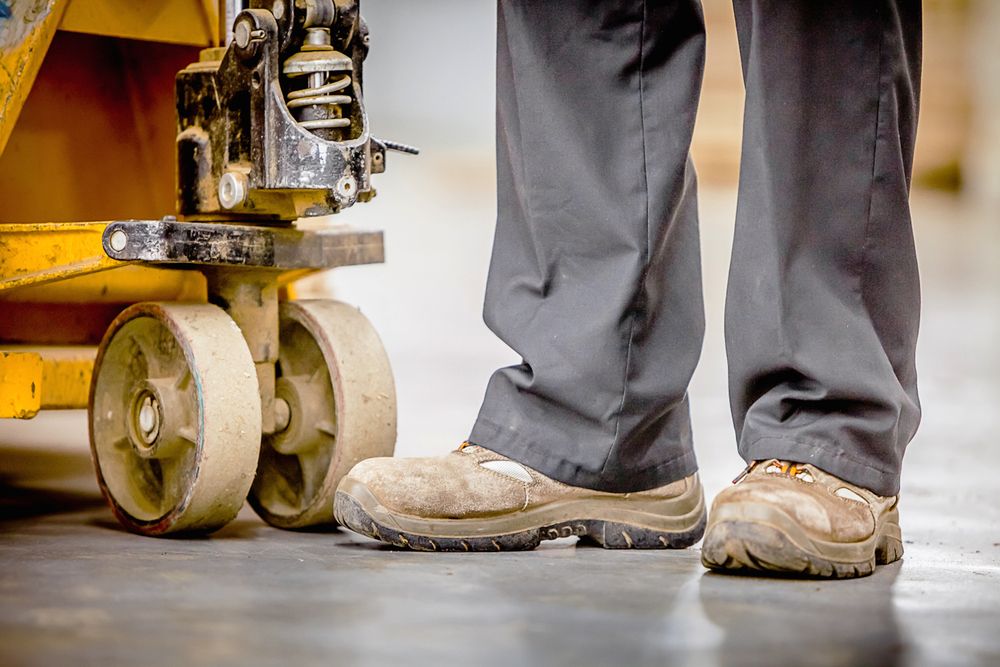
ROLLING OR MECHANICAL EQUIPMENT
Steel toe boots should also be worn in workplaces such as warehouses that have heavy rolling equipment such as forklifts and trollies. Workplaces such as assembly factories with mechanical equipment that perform punching and crushing tasks such as scrapyards also require steel toe boots.
THERMAL
In work environments that have working conditions with extremely hot materials or temperatures such as foundries, or extremely low temperatures such as refrigerated warehouses, thermal boots must be worn. Wearing the proper safety boots will protect workers against burns or frostbite.
ELECTRICAL
In a work environment where electricity is a hazard, work boots with non-conductive soles and heels must be worn. This will protect workers against electric shock.
CHEMICAL
Chemical resistant boots must be worn in workplaces that deal with harmful or corrosive substances such as bleach or acid. These boots are made knee-high to protect against accidental splashes.
BIOLOGICAL
Biological hazards such as allergies, rashes, and germ growth, are usually found in wet or outdoor working environments. Safety boots are designed to be waterproof and chemical resistant.
Once you have selected the right safety shoe for your workplace’s environment, check them for these minor but important details:
- Make sure your safety shoes have enough space for an extra pair of socks and room for your toes to move.
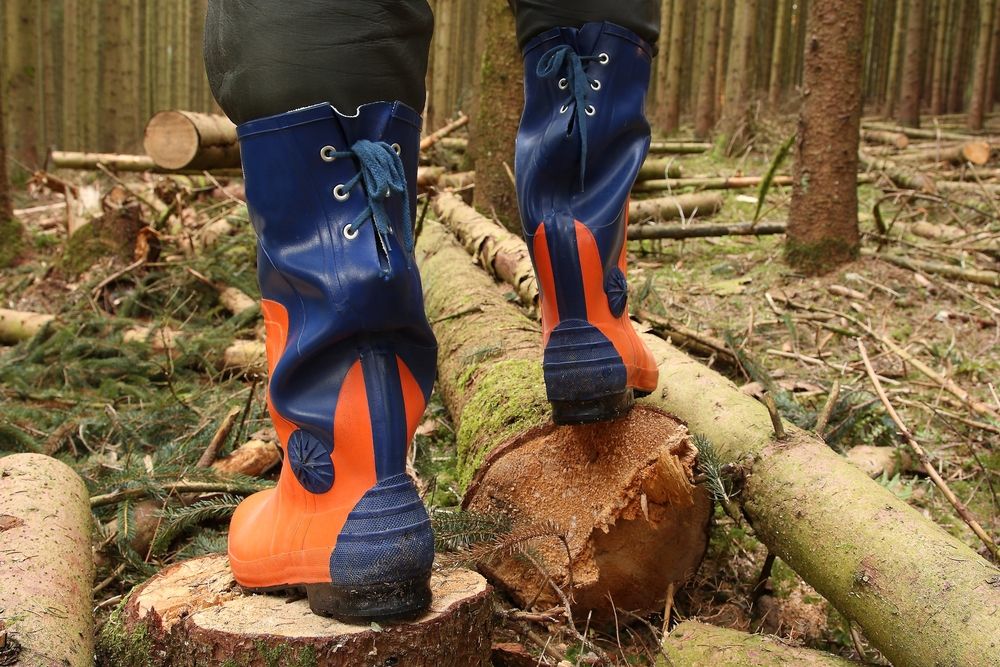
- Check if your boots are adjustable at the heel and ankle once laced up.
- Make sure the tongue and sides of your safety shoes have no seam where liquid can seep in.
Advanced Consulting & Training – Safety Programs
At Advanced Consulting & Training, our team offers a wide variety of workplace safety programs. Our programs cover a range of topics and can be customized to the needs of your company. From material handling, equipment training to proper safety wear and more, we can help you build a safer workplace for your employees.
We offer training at our facilities in Ottawa or we can do on-site training for your convenience. If you’re interested in working with Advanced Consulting & Training for any one of our safety training programs in Ottawa, contact us today!

